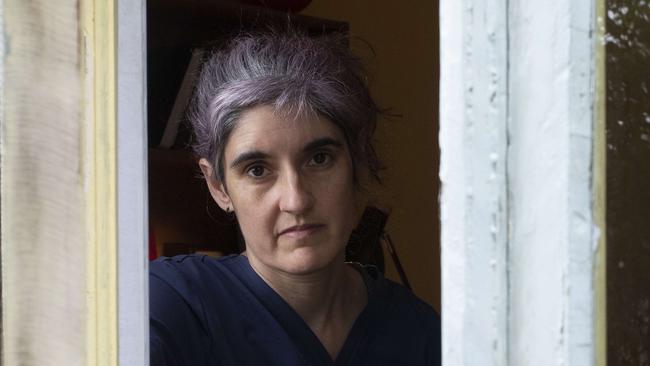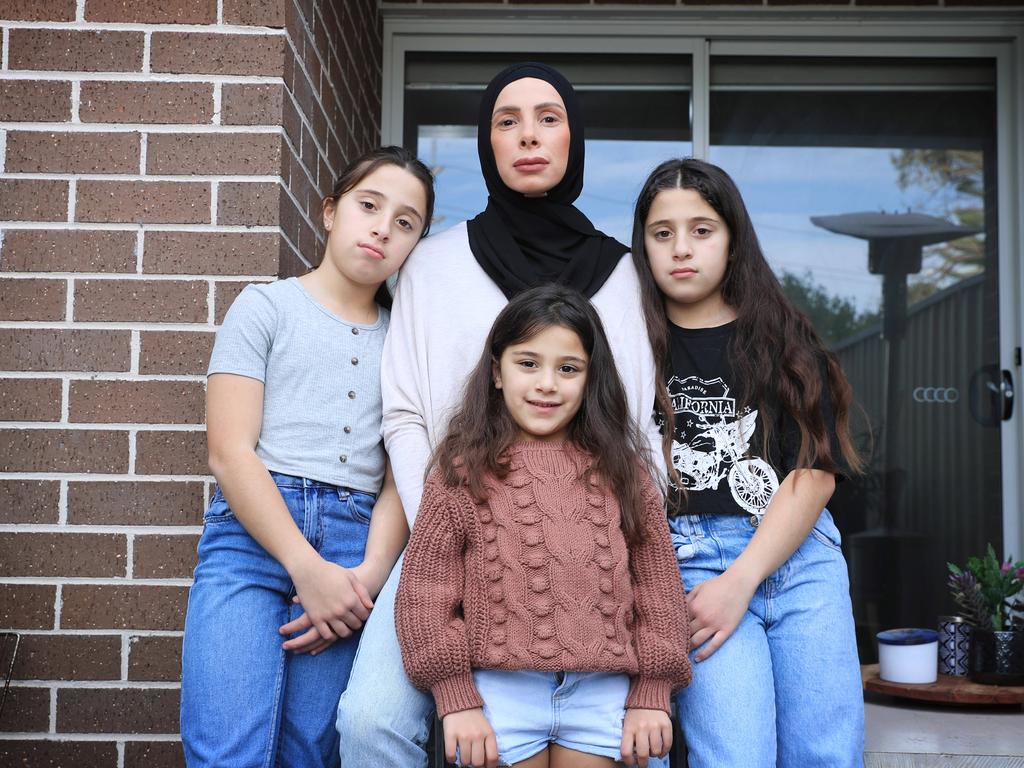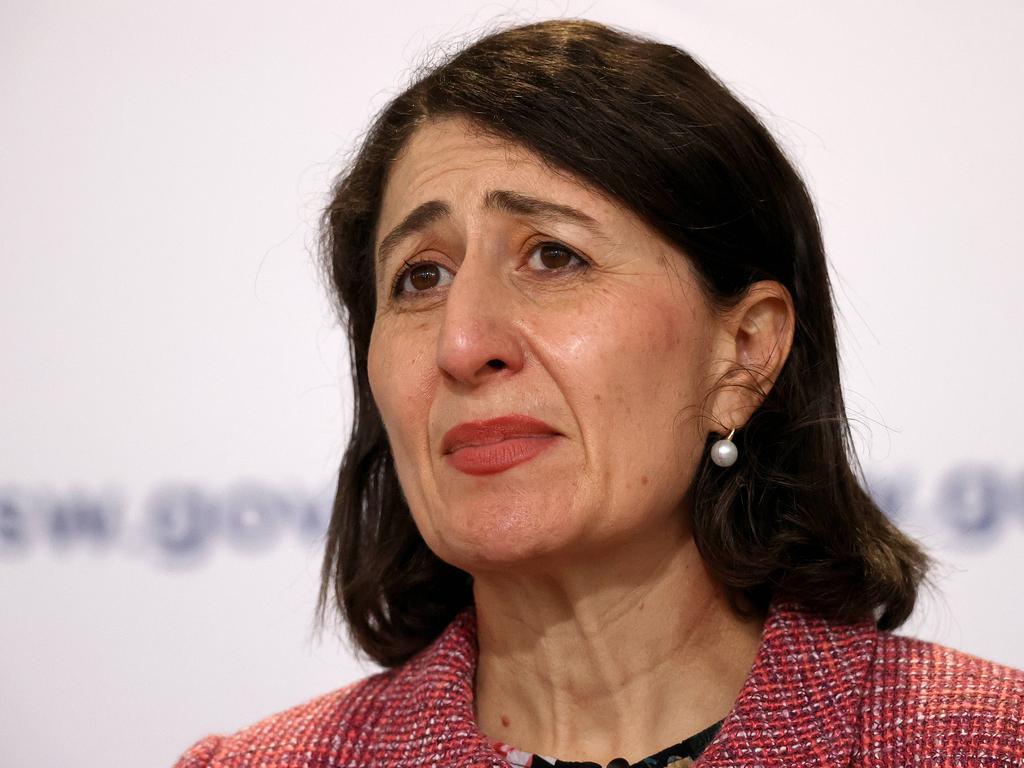Covid-19: Threat of exodus by burnt-out health workers
A major study into the experience of frontline employees during last year’s second wave finds there was a surge in unpaid hours and mental illness symptoms.

State governments have been warned they risk an exodus of public health workers after a groundbreaking study into the experience of frontline employees during last year’s second wave revealed a surge in unpaid hours and mental illness symptoms.
In the world’s largest multi-professional study into the pandemic’s impact on primary and secondary care health workers, Monash University and Royal Melbourne Hospital researchers surveyed 7846 frontline staff. A large number said they were redeployed or took on new roles last year, despite limited confidence in their ability to switch positions.
Lead researchers Natasha Smallwood, from Monash University’s Central Clinical School and The Alfred hospital, and Karen Willis, from the Royal Melbourne Hospital and Victoria University, said almost half the workers reported their paid or unpaid hours rose last year and two-thirds reported an increase in symptoms of mental illness.
With NSW and Victoria bracing for a surge in Covid hospitalisations, Professor Smallwood said while it was expected that frontline workers would be working more hours during a crisis, she was disturbed that 21.5 per cent said they worked more unpaid hours.
“I think it’s not unreasonable to say there is a significant threat to the workforce retention, and whether that’s an exodus of staff immediately or over many years, there’s a threat to workforce retention by the pressures people experience or also a threat to workforce recruitment in the future if people think that it’s a job that is high risk, high pressure, and might actually lead to you getting the virus and dying,” she said.
“In a pandemic which is going on and on, where we’re 18 months in, and next year will be two years in, you don’t want your workforce to feel burnt out, unsupported, overworked and underpaid. That’s a recipe for a workforce that doesn’t stay.
“What’s important is that most of the people in this survey work in the public health system so we need this workforce.
“We need this workforce across Australia and we particularly need this workforce in regional areas, so if you have got people who are reporting working more unpaid hours, that’s a threat because that’s clearly associated with mental health problems.
“So you are more likely to lose your workforce because of that burnout and pressure that it is placing on people. If it’s just for a couple of months, OK, people will put up with it. But when it’s going for a few years, that’s a problem.”
The study, conducted between August 27 and October 23 last year, found nearly a third of the workers experienced a reduction in household income during the pandemic.
Changes to working conditions were common, with 48.5 per cent reporting altered paid or unpaid hours, 16.8 per cent redeployed and 27.3 per cent in new work roles.
Almost 70 per cent said they felt well supported by their workplaces and 74 per cent believed workplace communication was timely and useful. Workers who felt well supported by their organisation had about half the risk of experiencing moderate to severe anxiety, depression, burnout and post-traumatic stress disorder.
Fifty per cent indicated a need for additional training in using personal protective equipment and/or caring for patients with Covid-19.
Professor Smallwood said it was very clear that if healthcare workers were experiencing mental health symptoms then there was a threat to the quality of care and patient safety.
Royal Melbourne Hospital nurse educator Simone Sheridan, who worked additional hours as she retrained to return to intensive care, said she felt well supported.
Ms Sheridan who performs Covid-19 screening of staff including ICU nurses, said the level of fatigue among ICU nurses was “very tangible”.
“There is a feeling of worry about what is this going to look like if and when it gets worse, and how are we going to manage?” Ms Sheridan said.







